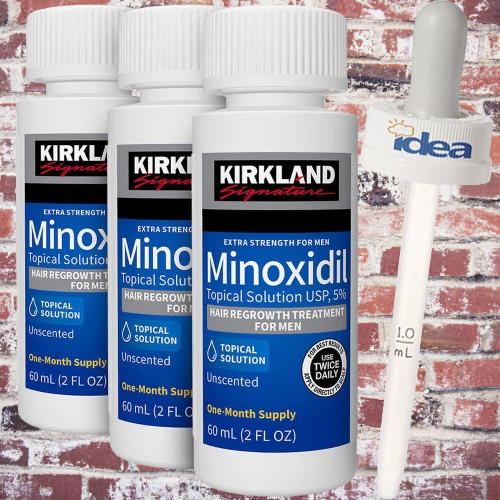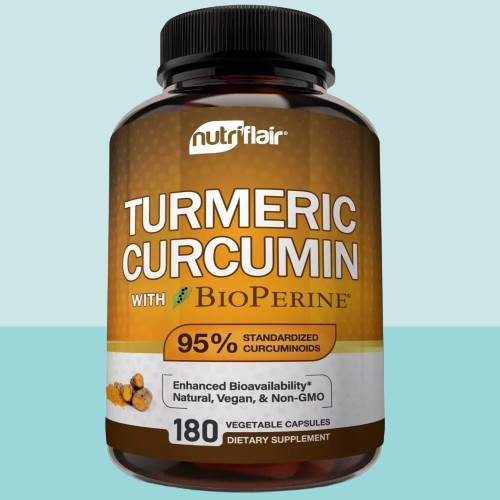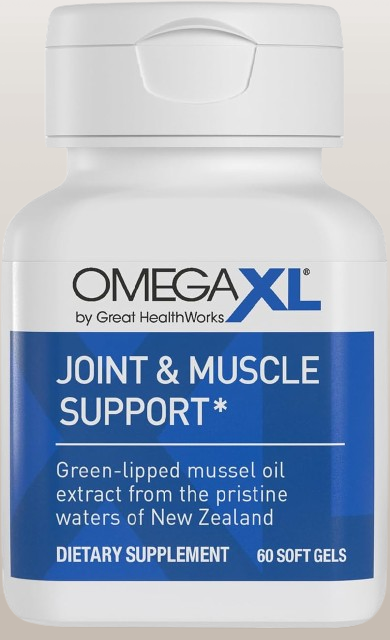Red wine: a delicious beverage synonymous with relaxation and enjoyment. But can it truly replace your cardio workout when it comes to weight loss? While some studies have sparked intriguing claims, the reality is more nuanced. Let’s delve into the science behind red wine and its potential impact on your weight management journey.

The Alluring Promise: Resveratrol to the Rescue?
A 2011 Harvard study suggested that moderate red wine consumption (one glass daily) might be associated with a reduced risk of weight gain in women. This link was attributed to resveratrol, a polyphenol found in grape skin with potential fat-mobilizing and antioxidant properties. Animal studies have further hinted at its ability to convert white fat (stubborn storage) into beige fat (easier to burn).
The Sobering Reality: Dosage Dilemma and Beyond
However, there are crucial caveats. Most studies involve animal subjects, and replicating the beneficial effects in humans through wine alone is challenging. Achieving the therapeutic dose of resveratrol would require exceeding healthy drinking limits, potentially negating any benefits. Supplements might offer an alternative, but consult your doctor before incorporating them into your routine.

Beyond Resveratrol: A Multifaceted Mechanism
Red wine, in moderation, might influence weight management through other mechanisms, according to Chris Lockwood, Ph.D., C.S.C.S. He proposes:
- Enhanced Blood Flow: Moderate alcohol intake can improve blood flow, delivering more oxygen to cells, crucial for fat burning.
- Hormonal Shifts: Wine might increase free testosterone and adiponectin, hormones involved in muscle building and fat burning.
- Metabolic Boost: These hormonal changes can create an “anabolic environment,” potentially increasing metabolism and releasing stored fat.
The Crucial Catch: Moderation is Key
Remember, these benefits only apply to light to moderate red wine consumption (one glass). Exceeding this limit flips the script:
- Chronic Inflammation: Excessive alcohol intake leads to chronic inflammatory stress, hindering fat burning and even promoting fat storage.
- Hormonal Imbalance: Overindulgence disrupts hormonal communication, negating the positive effects and potentially leading to imbalance.
- Sleep Disruption: While alcohol might induce sleep, it can also fragment it, hindering one of the most crucial weight management tools.
The Verdict: Enjoy, But Don’t Rely
Indulging in a glass of red wine within recommended limits can be part of a healthy lifestyle. However, relying solely on it for weight loss is unrealistic and potentially detrimental. Remember, consistent exercise, a balanced diet, and adequate sleep remain the cornerstones of sustainable weight management.
Key Takeaways:
- Moderate red wine consumption might offer some weight-related benefits, but the evidence is limited and complex.
- Don’t expect wine to replace your workout or healthy eating habits.
- Enjoy responsibly and prioritize established weight management strategies.






















Discussion about this post